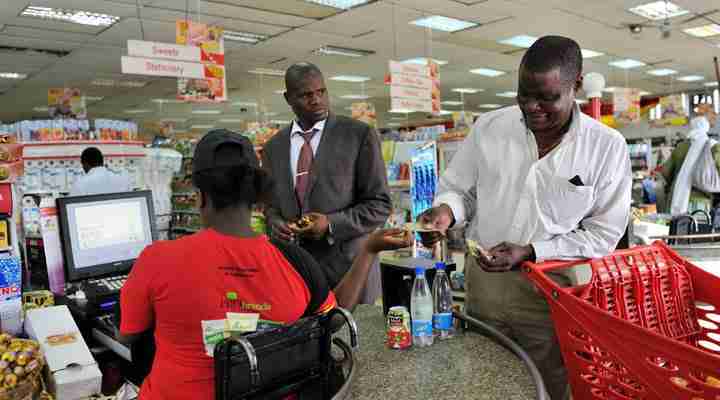Rights issue, property sales: Inside OK’s US$30M comeback plan

OK Zimbabwe plans to raise US$20 million from shareholders and another US$10.5 million from selling some of its properties as part of a comeback plan.
The company owes US$30 million, including US$24 million to suppliers. To pay back this money and restock, OK is launching a rights issue, which allows current shareholders to buy more shares and put more money into the company.
The company plans to sell some properties, including the Birmingham warehouse, plus OK Mbuya Nehanda, OK Glenview, Gweru and other assets.
Why is OK in trouble?
The company blames both internal missteps and tough external conditions for its troubles. The company cites: “Poor capital allocation, inefficient cash flow management and delayed engagement with creditors, slow adaptation to market trends and suboptimal timing or execution of expansion initiatives, inequitable policies… allowing informal retailers an unfair competitive advantage, persistent inflation, exchange rate volatility, and restrictive monetary policies.”
On sale: OK properties put on the market
OK says: “Given prevailing market conditions, the properties offering the greatest saleability and value
realisation will be prioritised for disposal.”
What else is in the turnaround strategy?
New management will be appointed at the end of the financial year. OK will reassess brand strategy. Currently, OK is segmented into OK, OK Mart, Bon Marche, Alowell and Food Lovers. It will remain with just Bon Marche, OK, and OK Mart. It is shutting down underperforming shops and launching an online store, OKShopEasy. New outlets will be opened where profitable.
Suppliers and costs
The company is talking to its suppliers. “This critical body of partners had stopped conducting business with the company, as they had been let down by non-payment for supplies in the past. A significant and steadily increasing number have started supplying, but others have held back until settlement of legacy debts.” ZESA had cut off supplies to some OK stores, affecting energy-heavy installations such as bakeries and cold chains. Costs have been cut from US$6.9 million per month to US$4 million per month.
Who’s backing the plan?
The company’s biggest shareholders are NSSA and investors under Datvest Nominees Foreign, each with 19.47%. Old Mutual is third with 11%. Key shareholders are not walking away. “Shareholders representing at least 73% of the issued share capital of the Company have formally committed to supporting the Proposed Transactions and to following their rights,” OK says. This means the majority of shareholders will buy their share of the new stock, avoiding dilution. To back this up, NSSA, Datvest Nominees (Local), and Old Mutual – who own a combined 37% – have provided bank guarantees covering US$16.54 million of the rights issue.
Will any shareholder take control?
If smaller shareholders do not buy more shares, the underwriters will end up with bigger stakes. But the rights issue is structured to avoid triggering a takeover. “Due to the structure of the underwriting arrangement, it is not anticipated that either the Lead Underwriter or any of the Sub-Underwriters will exceed a 35% shareholding,” the company says. Under Zimbabwe’s Companies and Other Business Entities (COBE) Act, a shareholder with more than 35% must make a mandatory offer to buy out the rest.